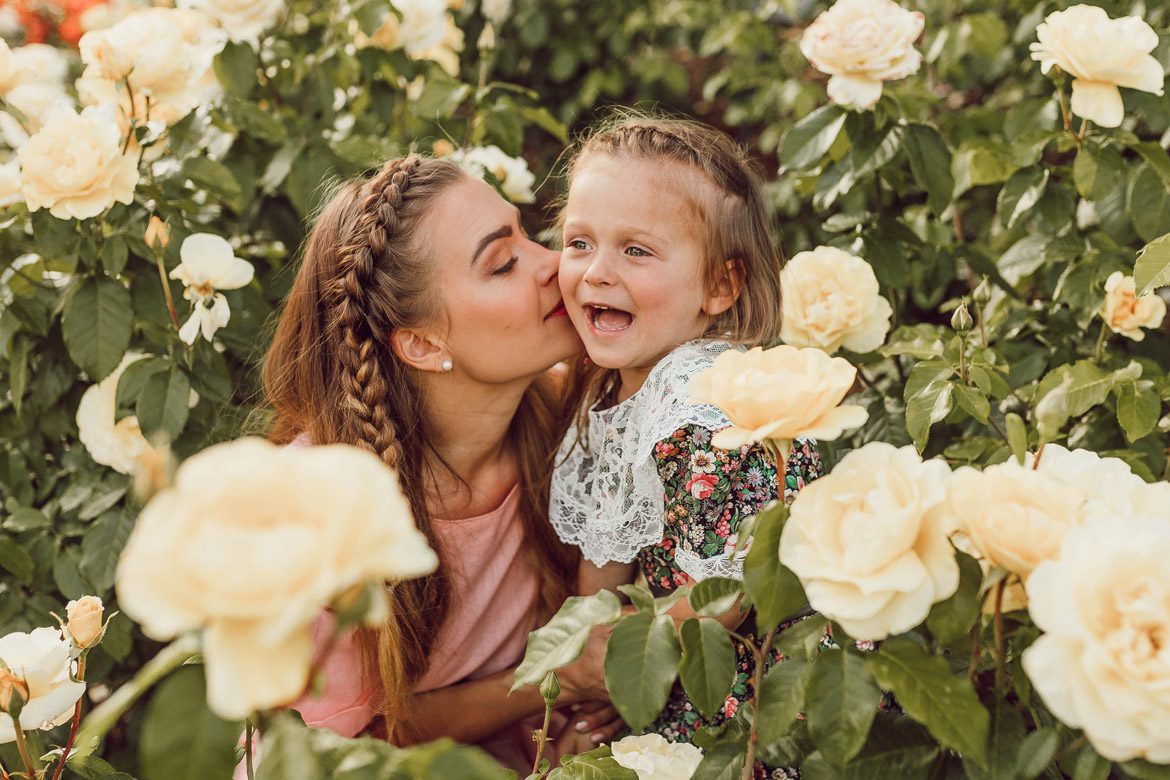By Bridget McNamara
… To punish kids, very simply, is to make something unpleasant happen to them – or prevent them from experiencing something pleasant – usually with the goal of changing their future behavior. The punisher makes them suffer, in other words, to teach them a lesson. ~ Alfie Kohn
Definition of revenge: To inflict punishment in return for (injury or insult).
So punishment and revenge… are the same thing?
When this idea was first presented to me, I was floored. I had to take a long hard look the way I was teaching my children. Time outs, losing privileges, having to leave the park, were all my way of being a gentle parent because I wasn’t spanking them or screaming at them (very often). But. I was still inflicting harm. They felt sad and hurt by my consequences which actually led me to believe I was getting through to them although, truthfully, the behaviors weren’t stopping.
At the same time I was ruminating over this whole idea of punishments being harmful at worst and ineffective at best, my then-six-year-old daughter said to me, “Grown-ups get their kids to do what they want the same way people train dogs. The treats are just different.” It kind of hit me like a ton of bricks that my six-year-old was hip to my jive. She understood that the consequences were just a form of manipulation and control that, more often than not, was meant to give the child the illusion of choice. “You can either get into the car right now or you won’t have a cookie when we get home.”
That’s not a choice at all. That’s do what I say, or lose. Either way, you do what I want you to do.
Then the biggest gut punch of all. My youngest was two years old and he knocked over his five-year-old brother’s block tower. My five-year-old yelled at his two-year-old brother, picked him up and carried him into another room, causing him to cry. I came over and scolded my five-year-old. I said, “He’s so much littler than you and you scared him by yelling at him and putting him in there all alone!”
He responded, “But I’m so much littler than you and you scare me when you put me in a room all alone.”
I quit cold turkey. I started by apologizing to my kids and told them I wasn’t going to punish them anymore. That we were going to work through everything together. No more time outs and no more losing things that belong to you as punishment. If it sounds too radical, think about how many times you have put your child in time out and ask yourself, “Is this effective?” And what is the lesson? If you act out of sorts, you need to be isolated. You are unlovable and unwanted.
I quit cold turkey. I started by apologizing to my kids and told them I wasn’t going to punish them anymore. That we were going to work through everything together. No more time outs and no more losing things that belong to you as punishment.
It is always interesting to me how the parents shocked that we don’t use punishments are the parents that most seem to struggle with unending battles with their children. Time out after time out after time out and still the behavior continues. I am not claiming, by any stretch, that empathy and calm discussions will stop undesirable behaviors in their tracks. However, neither do the punitive methods. At the root of punishment is that underlying glaring message of you hurt me, I hurt you.
The difference between responding with punishment and responding with connection is that with the latter, you stay connected. You foster a deep and unconditional love that will carry into a lifelong relationship with your child. You say to your child every day, in the way you respond to their behavior, I love you no matter what. You always have a voice. You are safe.
My new mantra became:
Every undesirable behavior is a cry for an unmet need.
Every undesirable behavior is a cry for an unmet need.
Every undesirable behavior is a cry for an unmet need.
Almost every single time, that unmet need is connection.
When you really get into the nitty gritty of it, what we’re actually doing when we send our kids to their room and into time outs, or away from the dinner table, is withholding affection and connection. In order for that to truly modify the behavior, they must crave that connection enough to do whatever it takes to have it back. There has to be deprivation of it. It’s a bit heartbreaking when you think of it that way.
On the days when my kids are fighting and crying the most, I can almost always look in the mirror and realize I haven’t stopped and sat down and looked them in the face while they talk to me. I haven’t put my arm around them and sniffed their heads while they tell me their dream from the night before in every detail from start to finish. All day I’ve been saying, “Just a minute”, or only half listening to what they’re saying while I’m checking Facebook, or returning emails, or loading the dishwasher and not even looking at them.
In those most difficult, blood pressure-raising, infuriating moments, when I want to yell and send them to their rooms, showing empathy IS the most difficult thing to do in the moment. I know in my heart I can make it all go away if I just walk across the room and wrap my arms around them and say, “I’m sorry you are having a hard time right now.”
You have to try it. It really, really works.
If they did something after you asked them not to, it’s because they lack impulse control. If they jump on the couch, they need to get outside and run. If they spread mashed potato all over the wall, they need sensory play. If they tantrum, they most likely need a snack, or a nap, are overstimulated. If they’re hitting, they need practice with conflict resolution which they will not get sitting in the corner. If you have no idea what they need, a hug is almost always the right answer. If they won’t leave the park, they need a race to the car or three more times down the slide or, heck, a trip to the ice cream shop on the way home.











